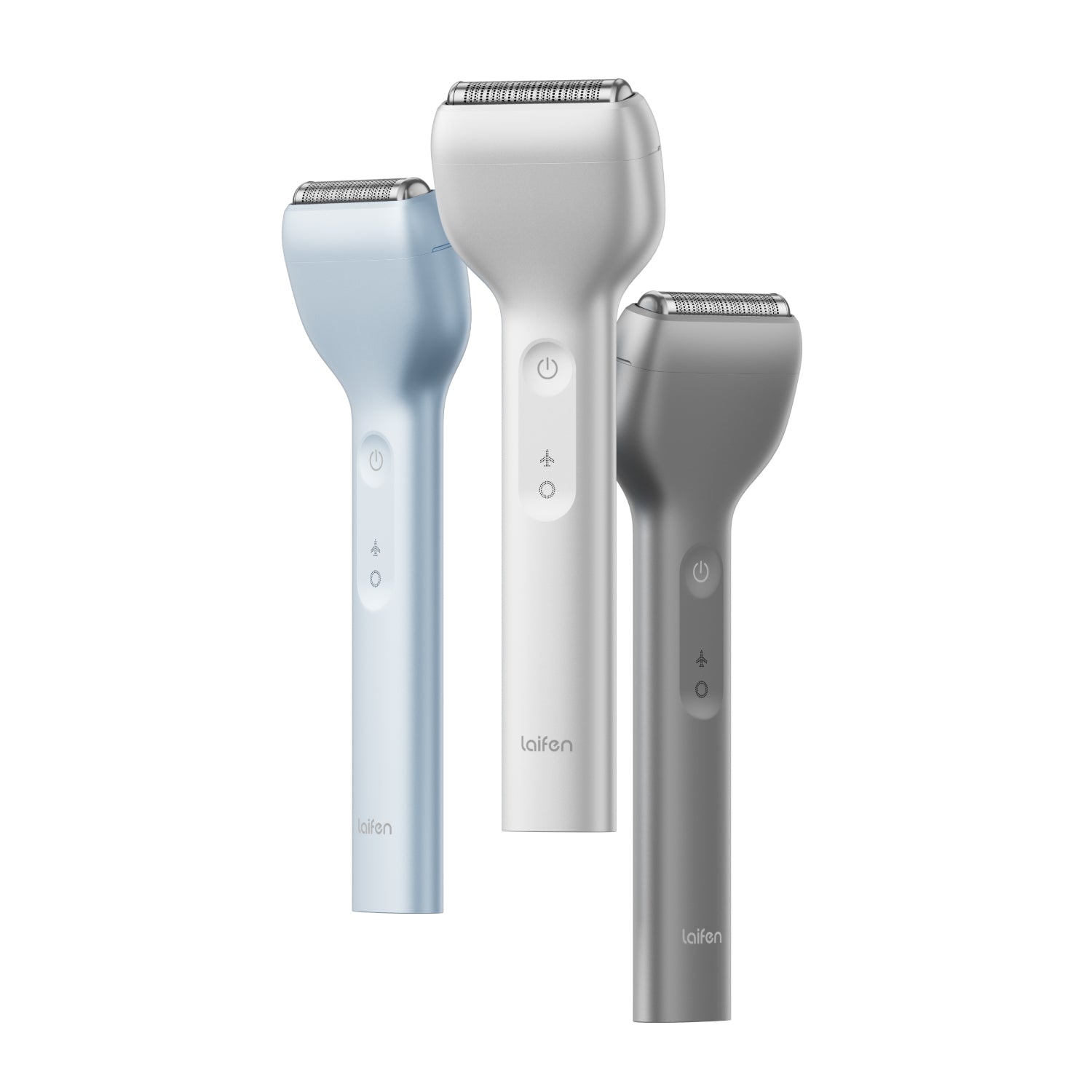
In this article
It's commonly recommended to use both floss and a toothbrush to remove plaque, but what is the correct order? Should you floss before or after brushing? In this article, we'll explain what's important and what the order of dental care should be.
Effectively Removing Plaque—That's What Matters Most
Removing plaque is crucial for our oral health. Plaque can lead to gingivitis, periodontitis, and cavities, so it's essential to prevent plaque build-up. Mechanical methods are recommended because they are easy to perform at home and cost-effective. Brushing alone is not enough to remove plaque thoroughly, so it's advised to use floss between your teeth.

Moreover, it's important to note that experts agree it's impossible to completely remove plaque using only mechanical methods. Therefore, you should also use products that contain fluoride.
Where to Start: Flossing or Brushing First—Floss Before or After Brushing?
There is some disagreement about whether to floss or brush first. Many dentists recommend flossing first because it removes plaque and particles from between the teeth, which can then be easily brushed away. This also allows fluoride to reach the cleaned spaces more effectively.
However, some dentists suggest brushing first to remove plaque from the surfaces of the teeth. If you then use floss, the fluoride from the toothpaste can be better distributed in the gaps between the teeth. As you can see, it's not entirely clear whether to floss or brush first. Both options are suitable in this case.
When to Floss After Brushing?
You should use floss immediately after brushing your teeth. Using floss right after brushing allows you to remove any loosened debris immediately. Flossing lets you reach areas between the teeth that the toothbrush can't. This helps thoroughly remove any remaining food particles and plaque, reducing the risk of cavities and gum inflammation to a minimum.
- Recommended guide: How to Brush Your Teeth with Receding Gums?
Should You Use Dental Floss Every Day?
Yes, you should use dental floss every day. This provides excellent support for oral health. Whether you floss before or after brushing is up to you personally. Flossing plays a crucial role in cleaning between the teeth, where plaque and food particles often accumulate. A toothbrush alone often cannot clean these areas thoroughly enough. Therefore, dentists recommend using dental floss every time you brush your teeth. Daily flossing effectively removes different types of debris, which helps prevent gum inflammation and cavities.
Regular use of dental floss also helps prevent gum disease. Remember to be gentle when using floss to avoid damaging your gums. You can always decide for yourself whether to floss before or after brushing.
It's generally recommended to floss once a day, preferably before going to bed.
In What Order Should You Brush Your Teeth?
The order is simple to explain and understand: first, wet your toothbrush. Then, apply toothpaste. You should brush your teeth systematically. It is recommended to start with the outer surfaces. Next, clean the inner surfaces, and finally, clean the chewing surfaces. It is important to use gentle circular motions. Be careful not to overlook any areas.

There are excellent toothbrushes available, like the Laifen Wave, that ensure the spaces between the teeth and the teeth themselves are perfectly cleaned. Make sure to brush the back teeth thoroughly as well. After brushing, use dental floss and mouthwash. This completes the cleaning of your teeth perfectly. It helps to remove plaque between the teeth and keeps your mouth feeling fresh.
Flossing or Brushing First—Conclusion
When it comes to thoroughly cleaning your teeth, many people ask themselves: should I floss or brush first? Some dentists recommend flossing before brushing, while others suggest the opposite. Therefore, you can make this decision based on your personal preference. However, it is important to both brush and floss to ensure thorough cleaning. Teeth should be brushed twice a day, and it is recommended to floss once a day, preferably before bedtime. This is the perfect way to prevent plaque and cavities.













